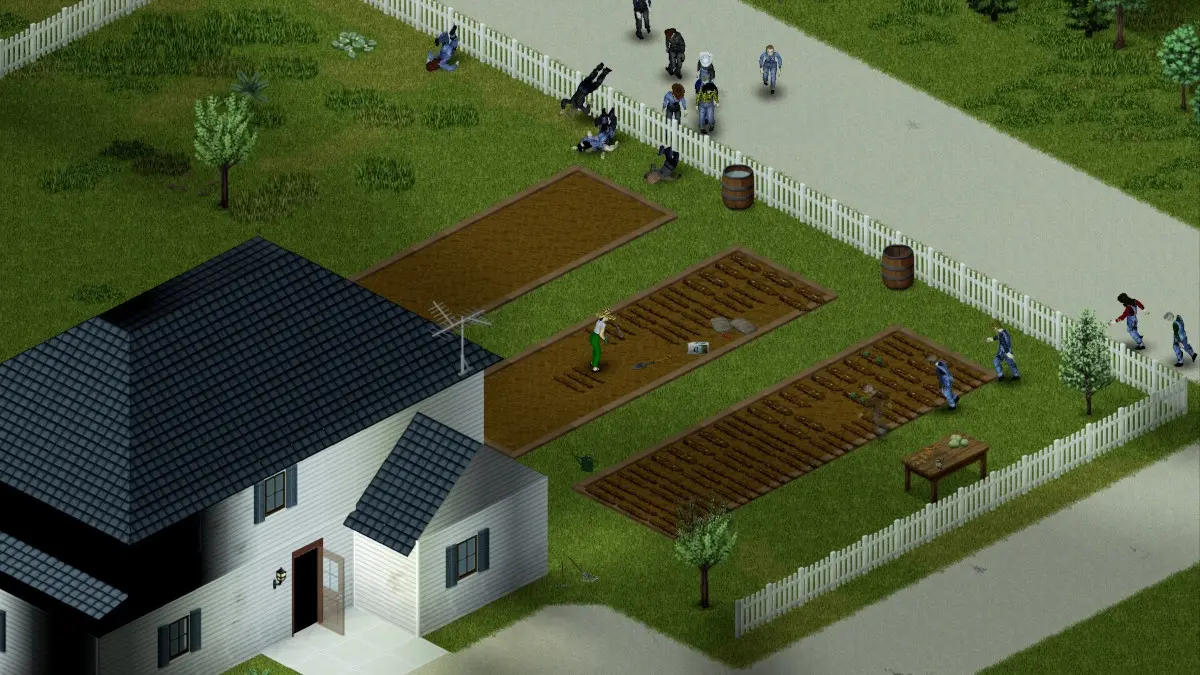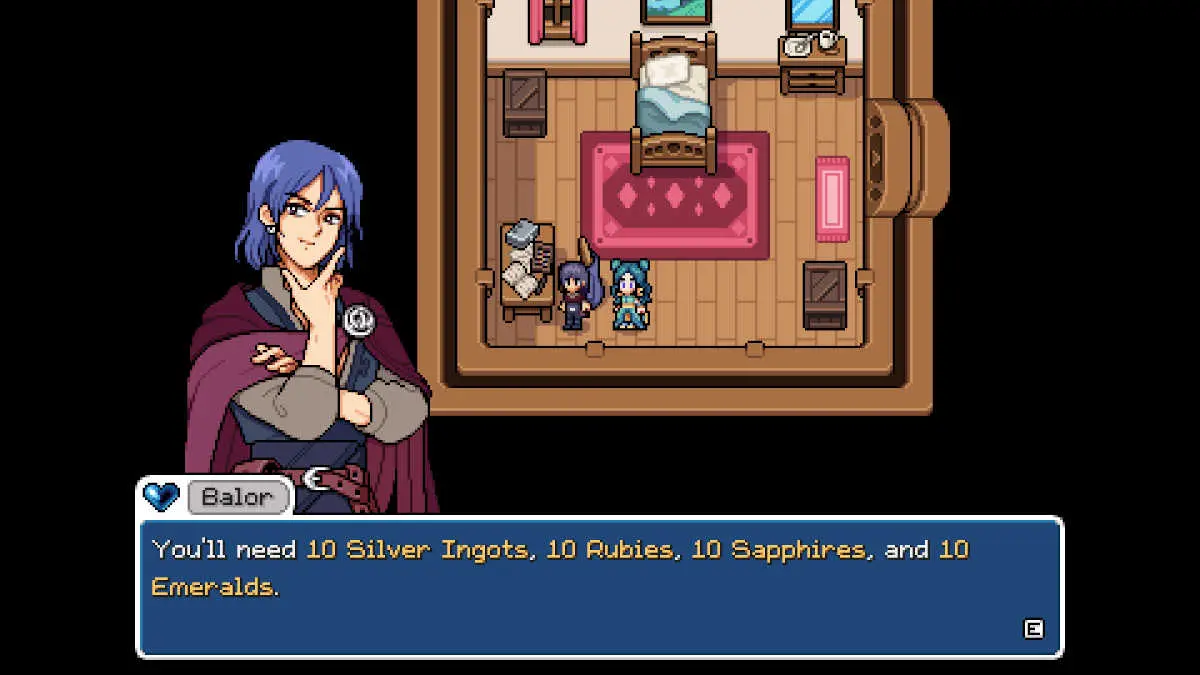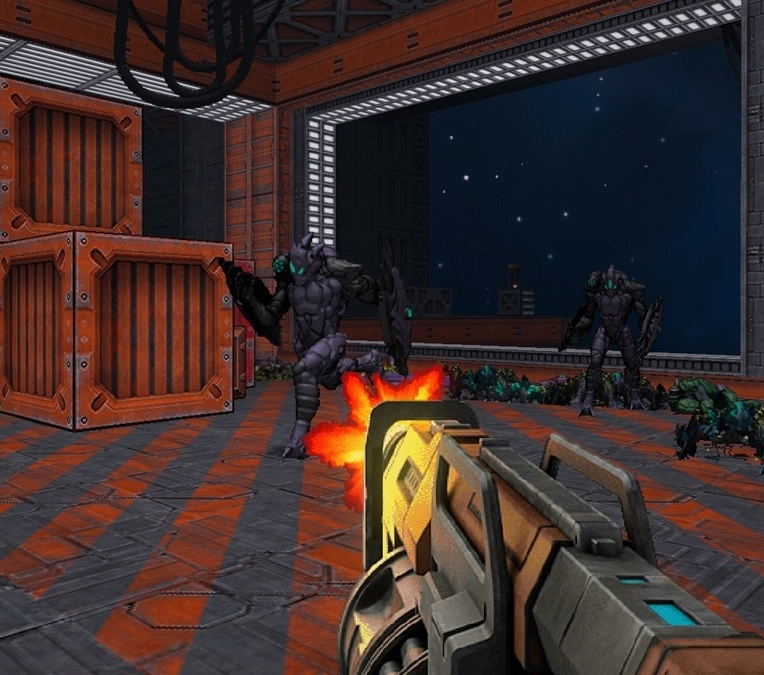174Views 0Comments
“Early access” is a term that’s thrown around a lot these days in the gaming community, with new EA games coming to Steam regularly. Don’t get me wrong, EA games are a good thing, but I do worry that both developers and players have forgotten what “early access” is supposed to mean.
What is “early access”?
Early access is a state that allows developers to release a game before it is finished, with expected updates in the future that will fix any unforeseen issues that arise and add more content. An early access game is still under development, and the state is usually used by indie developers who want to involve the community in the ongoing creation or completion of their game. It’s also, and this is an important point that should be remembered, a useful way to raise funds for the continued development of said game.
Early access is not the same thing as pre-purchase bonuses, although the two terms do seem to get interchanged these days, all too often. Games such as Doom: The Dark Ages incentivize players to buy the deluxe edition in return for playing three days early, but this is not “early access”.
Early access should not be a permanent state

Early access games are exactly that: early access. This implies that, at some point, those games should have an official release date when they are completed. Steam goes as far as to add a notice to any EA games that haven’t been updated in over 12 months, warning players that this is the case.
However, there are games on Steam that have been in early access for a very long time. Project Zomboid is an excellent example here, having been released into early access way back in 2013, and holds the record for being in early access for the longest at 12 years. Why? I couldn’t tell you.
It’s still receiving updates, and regularly pulls in tens of thousands of players, but it’s still in early access with no news or seemingly expectation of a full release. The devs have explained their reasoning, but over a decade of “early access” seems like a bit much, especially when the game can receive updates after full release.
Many people would argue that, because it’s still being updated with new content and features, it fits the bill for “early access”, but that’s a bit of a weird argument to make. If you use that as your criterion, then Stardew Valley, Terraria, and Minecraft should also be labeled as early access, right?
A lot of people would rather not play a game while it’s in early access, and that’s understandable. It can be hard to dive in only to find that the story isn’t finished, or the gameplay experience is changed dramatically by an update. Waiting until the “full release” is valid, but when a game can stay in early access indefinitely, it becomes a problem.
Sometimes, early access is skipped right over

I’m not saying that early access is a bad thing, far from it. Games like inZOI, Palworld, RuneScape: Dragonwilds, and R.E.P.O. definitely benefit from being in early access. The ability to easily implement player feedback, fix bugs, and add new features without upsetting those who expected nothing short of perfection is definitely a bonus of being in early access.
And there are some games out there that feel like they should be early access. I’ll use Pixelshire as my example here:
Pixelshire was released, fully and without that early access state, on May 8, 2025. Many were excited for it, and the lack of early access led people to believe that the game was polished, had been thoroughly playtested, and would be a fun time. But it was riddled with bugs, most of which absolutely should have been caught during even the loosest sense of playtesting, and the game sadly ended up with mostly negative reviews on Steam because of this.
The developer has since released updates that fix many of those initial issues, but first impressions count, and you only get one of them. Had the game been released with that early access label, players would have been expecting issues and a lack of polish, and likely would have been more forgiving.
When it’s done right, early access is great

Early access games are not to be avoided, especially if they look like something you could really lose yourself in. Take, for instance, Palworld and Fields of Mistria. Both of these early access games have sucked up hundreds of hours of my time, despite neither having a finished story and more updates to come that will see it progress.
Because of that early access label, I know that these games aren’t finished, and I’m not expecting them to be. There’s no disappointment when I hit a roadblock in the story because I know that there’s more excitement to come with a future update, and even though bugs are admittedly annoying, the devs are happy to hear that feedback and implement fixes for them. I’m not expecting perfection, and that’s because of the early access state.
What’s more, both of these titles have an end in sight. They each have a roadmap of expected updates, and all of them follow a timeline towards full release. Neither of them is going to be in their early access states indefinitely, so those players who do avoid early access titles will also get their chance to play with full storylines and polished features to enjoy.
Should you play early access games?
Nobody but you can make that decision, but if you’re able to overlook the occasional bug and don’t mind waiting between updates for story progression or additional features, then there’s nothing stopping you from hopping into a game before full release. By doing so, you stand a chance of being part of the community that helps to shape the eventual full release version by offering feedback and pointing out issues that you encounter.
However, if you’re a fan of fully polished games with minimal bugs or issues, then perhaps giving early access titles a miss is for the best. If you’re going to get frustrated by unfinished storylines or features that are promised but not yet implemented, then waiting for the full release might be a better option.


